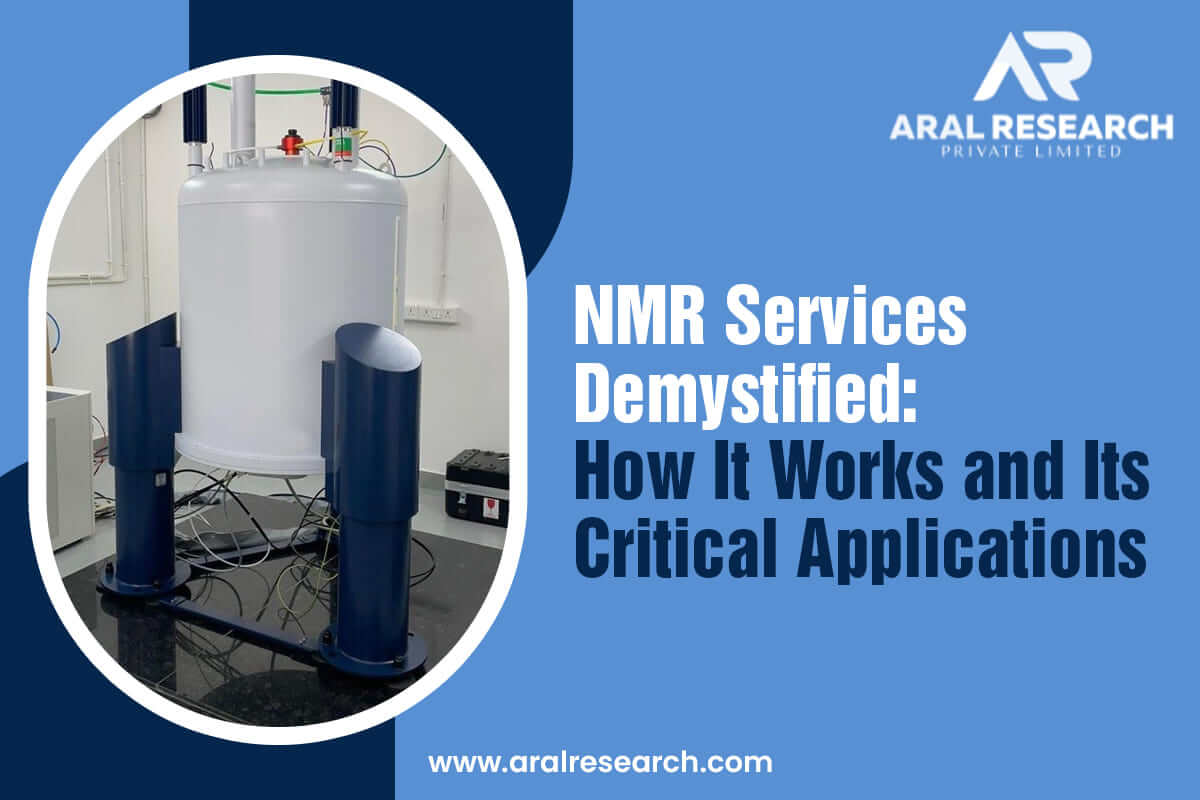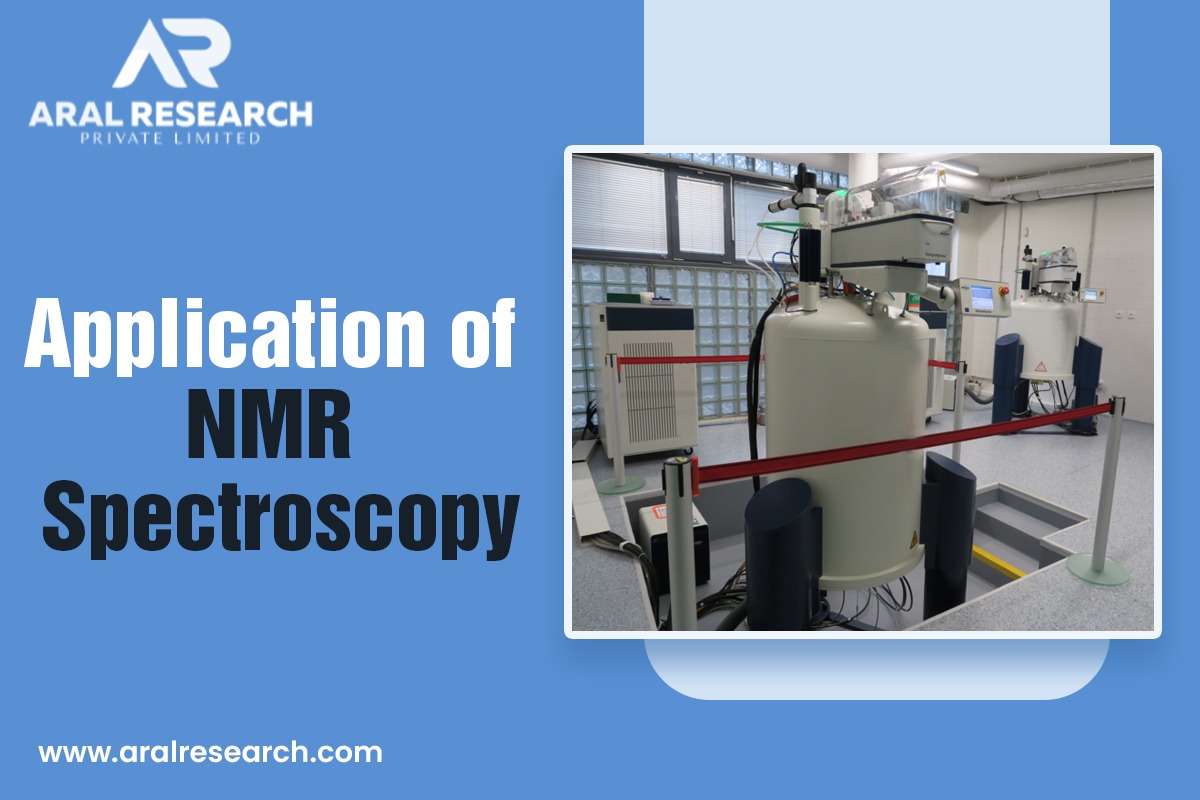Nuclear Magnetic Resonance Spectroscopy (NMR) is an innovative method for determining atoms’ chemical and physical properties. It detects the energy absorbed when the nuclei in the magnetic field are exposed to a radiofrequency pulse. The basic working principle of NMR is grounded in the quantum mechanics and magnetic properties of specific atomic nuclei.
Understanding the NMR Magnetic Resonance Principles
Understanding the principles of NMR reveals the profound significance of the alignment of nuclear spins in the magnetic field. Nuclei with a positive spin state have lower energy than those aligned on the opposite side. A radio frequency pulse is applied that matches the energy difference between the two states, which causes the nucleus to flip to spin. The frequency needed to cause this transition is the ‘resonance frequency’ that is specific to every type of nucleus in the magnetic field. After the absorption, the nuclei revert to their lower energy state known as ‘relaxation’. In this process of ‘relaxation’, the energy emitted is detected and transferred into the NMR spectrum, providing valuable details about the molecular structure of the sample of interest. Aral Research offers expert Nuclear Magnetic Resonance Service in Ahmedabad to provide clients with quality analysis with quick turnaround times.
The Science Behind NMR
The working principle of nuclear magnetic resonance, blended chemistry, and physics is used to provide data on molecular composition. It starts with the placement of the sample of interest in a strong magnetic field to create a solid and uniform magnetic field. The beginning alignment of the nuclear spin is disrupted by transmitting radio waves at a specific frequency. This disruption provides an energy transition that is detected in the form of NMR signals after the radio frequency pulse is switched off. With the application of ‘The Fourier Transform’, the NMR signals that are time-reliant are converted into frequency-domain spectra that display the resonance frequencies of the nuclei to provide valuable insights into the molecular structure of the sample.
Choose Aral Research for Reliable NMR Services
Aral Research offers NMR service in Ahmedabad to provide analytical data to diverse sectors. We aim to help clients with top-notch services to study compounds, including small molecules, active pharmaceutical ingredients (API), natural products, polymers, and biomolecules, including proteins, carbohydrates, and nucleic acids. We are equipped with the latest technology and equipment to perform 1D heteronuclear experiments, advanced 1D and 2D analysis, quantitative NMR (Q-NMR), high resolution and high sensitivity NMR, No-D NMR, and much more. We offer customized solutions that cater to your unique research needs.



